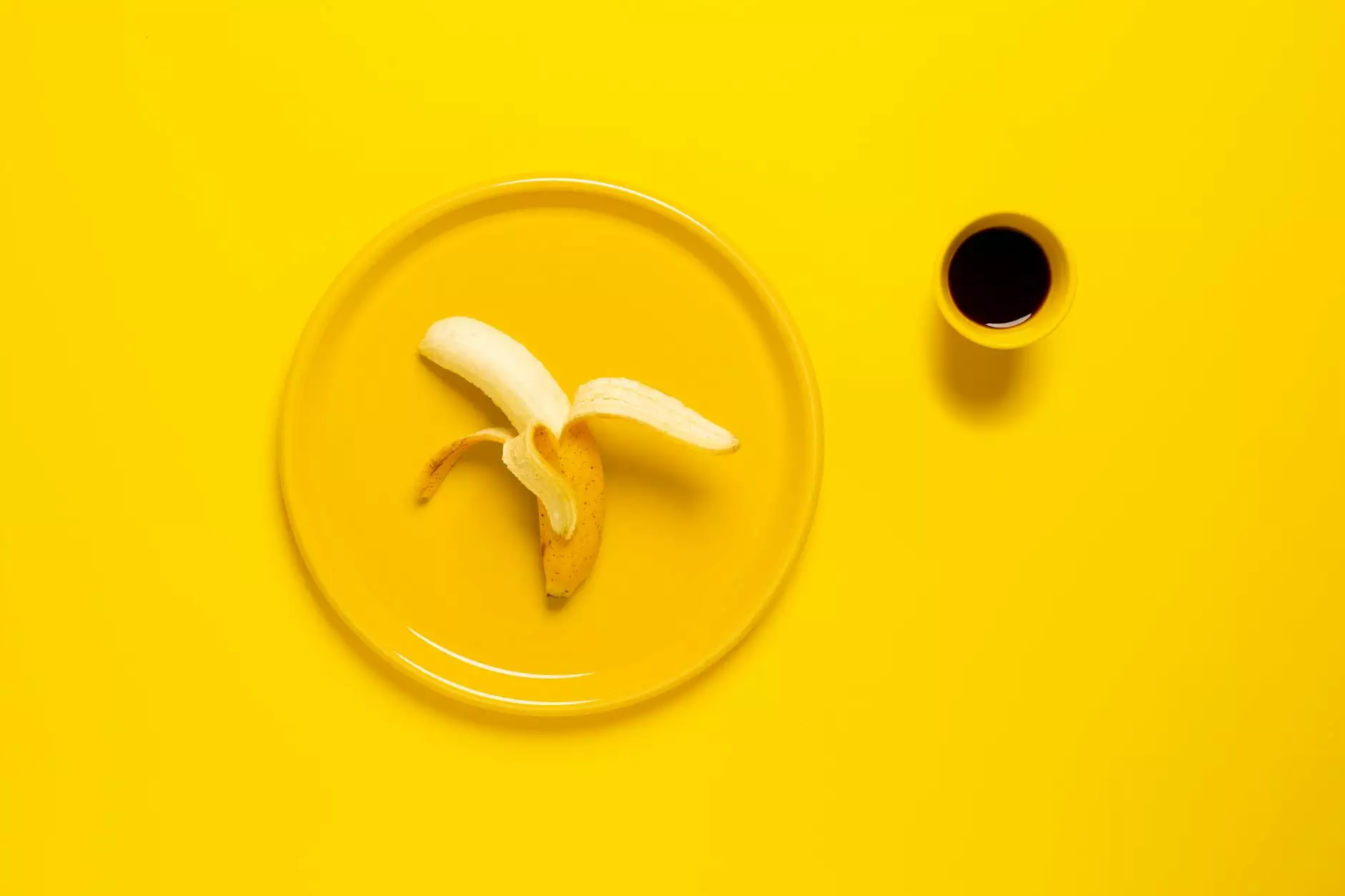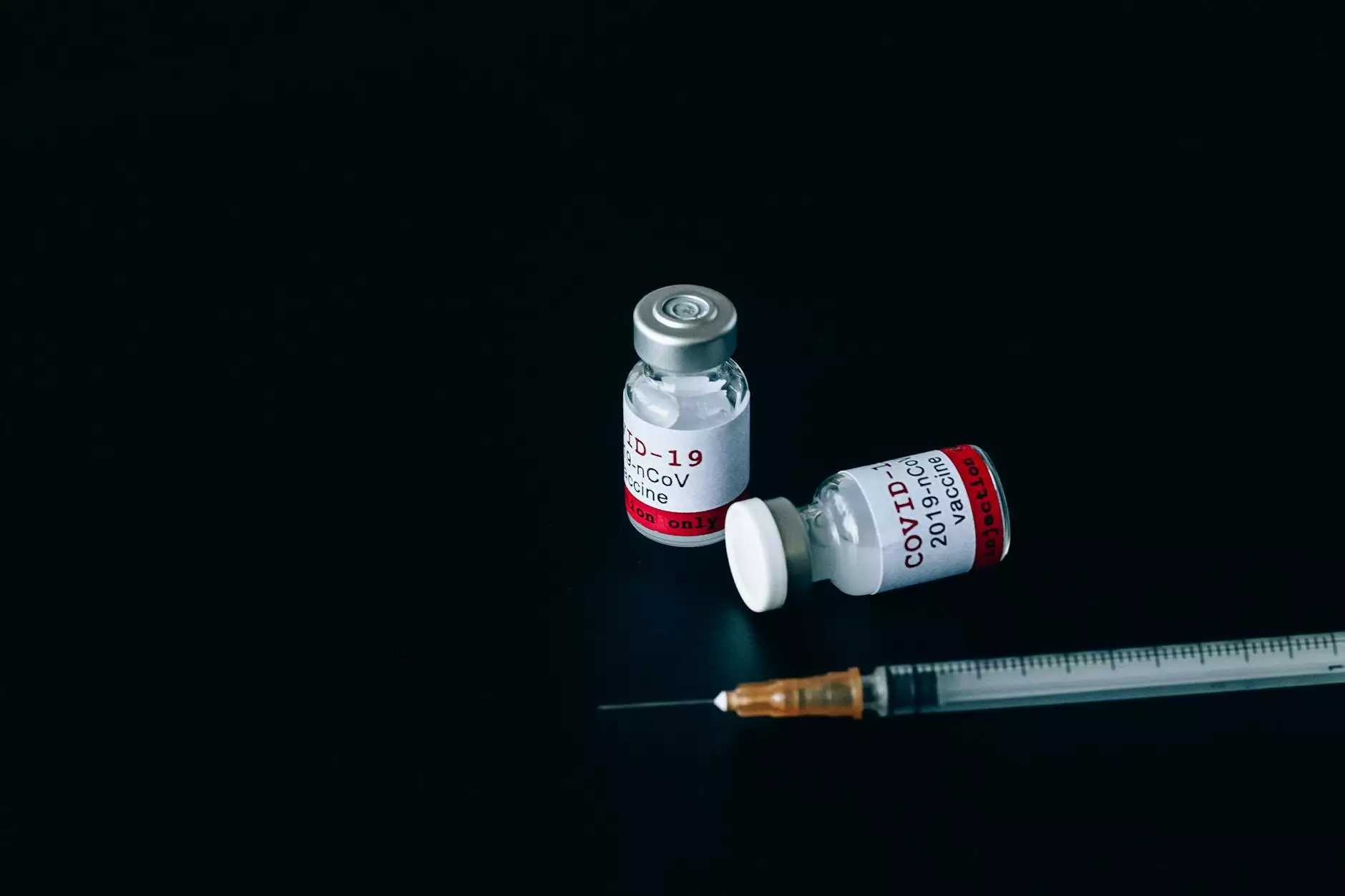Are Bananas Good for Atrial Fibrillation?
Blog
Introduction
Welcome to Benjamin Shettell, MD, your trusted source for comprehensive healthcare information. In this article, we will explore the potential benefits of bananas for individuals living with atrial fibrillation (AFib). As a leading expert in the field, Dr. Shettell will provide insights on how incorporating this delicious fruit into your diet can support your heart health. Read on to discover the connection between bananas and AFib and learn how you can make meaningful changes to your eating habits.
The Link Between Bananas and Atrial Fibrillation
Atrial fibrillation is a common heart rhythm disorder that affects millions of individuals worldwide. It is characterized by irregular heartbeats, which can lead to various complications, including an increased risk of stroke. While bananas are not a direct treatment for AFib, they can be beneficial for maintaining overall heart health.
One of the key reasons why bananas may be suitable for individuals with AFib is their impressive potassium content. Potassium plays a vital role in maintaining normal heart function and regulating the balance of fluids in the body. In fact, a medium-sized banana contains approximately 400-450 mg of potassium, which is about 10% of the recommended daily intake for adults.
Research suggests that a diet rich in potassium can help manage blood pressure levels, a significant concern for individuals with AFib. High blood pressure can further strain the heart and worsen the symptoms of AFib. By incorporating bananas into your diet, you may be able to support optimal blood pressure control, thereby potentially reducing the burden on your heart.
Beneficial Nutrients in Bananas
In addition to potassium, bananas contain other beneficial nutrients that contribute to heart health. Let's explore some of these essential elements:
Vitamin C
Bananas are a good source of vitamin C, a powerful antioxidant that helps combat free radicals in the body. Antioxidants play a crucial role in reducing inflammation, protecting blood vessels, and promoting cardiovascular health.
Fiber
Fiber is an essential component of a heart-healthy diet. Bananas are an excellent source of dietary fiber, which can help regulate cholesterol levels and promote gastrointestinal health. By maintaining healthy cholesterol levels, you can potentially reduce the risk of heart disease and complications related to AFib.
Antioxidants
Aside from vitamin C, bananas contain other antioxidants, such as dopamine and catechins, which contribute to overall heart health. These antioxidants help protect cells from damage, reduce inflammation, and support optimal blood flow.
How to Incorporate Bananas into Your Diet
Now that we understand the potential benefits of bananas for individuals with AFib, let's explore some practical ways to incorporate this nutritious fruit into your diet:
1. Fresh Bananas
Eating a fresh banana is a simple and delicious way to enjoy its health benefits. You can have it as a quick snack or include it in your breakfast routine. Consider blending it into smoothies or adding slices to your cereal or oatmeal.
2. Banana Breads and Muffins
If you enjoy baking, try incorporating mashed bananas into your homemade bread or muffin recipes. This adds natural sweetness, moisture, and a dose of essential nutrients to your baked goods.
3. Frozen Banana Treats
Freeze ripe bananas for a refreshing and healthier alternative to ice cream. Blend frozen bananas in a food processor until smooth to create a creamy and guilt-free dessert.
Remember to Consult Your Physician
While bananas can be a valuable addition to a heart-healthy diet, it's essential to consult with your physician or cardiologist before making any significant dietary changes. They will consider your specific health condition, medications, and individual needs to provide personalized recommendations.
Conclusion
In conclusion, bananas can be a beneficial fruit for individuals with atrial fibrillation. Their high potassium content, along with other essential nutrients, can support heart health and potentially help manage blood pressure levels. Remember to incorporate bananas into a well-balanced diet and always consult with your healthcare provider for personalized advice. Start enjoying the taste and health benefits of bananas today!










